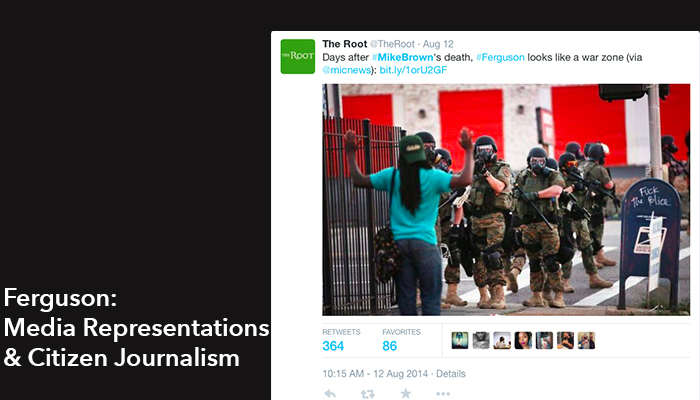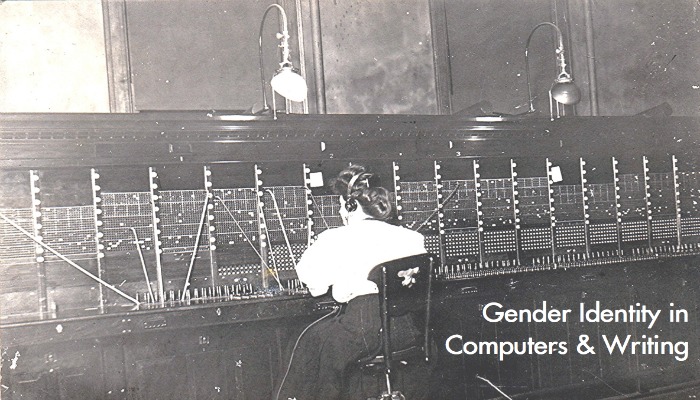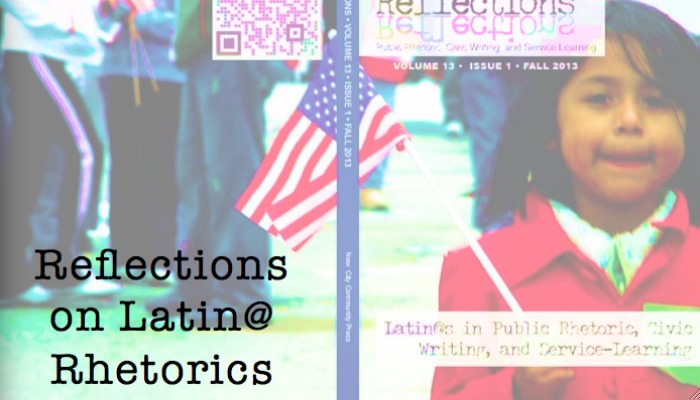Can’t we find more creative ways to report these stories? The story of Michael Brown is so important, but we get trapped, I think, in this narrow narrative that we’ve been telling for a really long time. —Tessa Brown
Social media and mobile technology has particularly been important for people of color, for working class people, for immigrants, for LGBT people, people who belong to groups who have been traditionally marginalized in the media because they don’t have to not only wait for the media to tell their stories but they also don’t have to wait to have their stories be misconstrued, too, and have their stories misinterpreted. —Sherri Williams
These aren’t just flukes, these aren’t just accidents, these aren’t just deviations from an otherwise decent society. The whole society is bankrupt, its corrupt, its racist, its sexist, its homophobic, and ablist and because this is an entrenched deep issue it is going to have to be an entrenched long-term kind of movement to fight those kinds of things. —Nikeeta Slade

Tweet from The Root, Aug. 12: “Days after #MikeBrown’s death, #Ferguson looks like a war zone (via @micnews): bit.ly/1orU2GF
Episode 24 focuses on media representations of Ferguson, Missouri after the killing of Mike Brown. As Ben notes in the introduction, This Rhetorical Life focuses on the practice, pedagogy, and public circulation of rhetoric. By focusing on Ferguson, we connect all three: how rhetoric circulates around Ferguson, how our public texts work to either create and sustain or to challenge and resist unjust systems, and how we as writing instructors can help students analyze and flip unjust systems. This episode features interviews with three Syracuse graduate students: Tessa Brown, Sherri Williams, and Nikeeta Slade.
To access a PDF of the full transcript, please click here: Transcript for Episode 24
The music sampled in this podcast is “Strange Arithmetic” by The Coup, “Note Drop” by Broke For Free, “EMO Step Show” by The Custodian of Records, and “This is the End” By Springtide.
Podcast: Play in new window | Download

